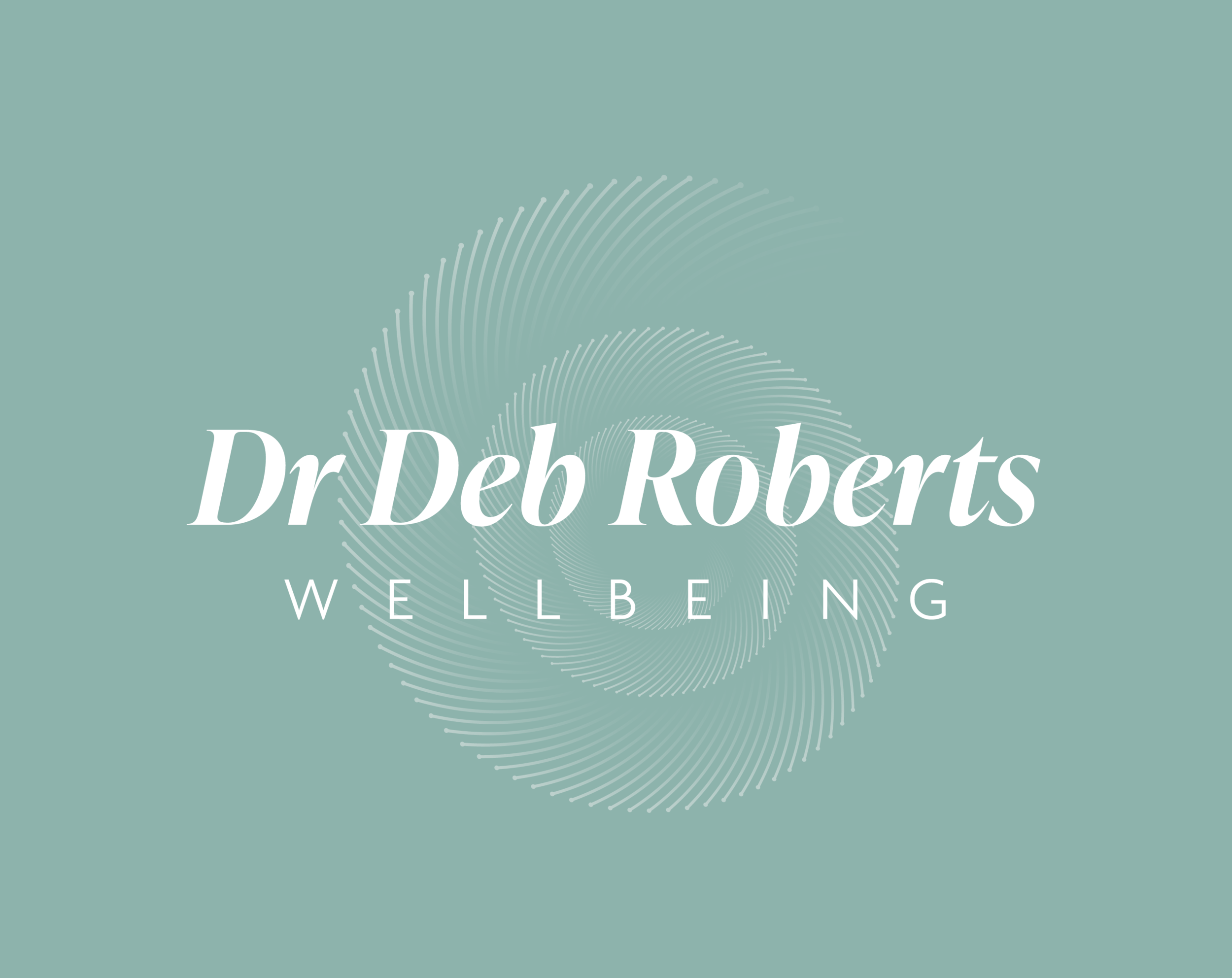This article was originally published through Thrive Global and can be viewed here: https://thriveglobal.com/stories/no-more-us-and-them-in-mental-health-discussion/
When I share a first-hand account of living with mental health challenges, including anxiety and depression, I feel an urgent and immediate need to share what it’s like with those who’ve not felt what I have.
While this aspiration to enlighten others may be virtuous, I’ve recently realized that binary categories don’t work. Thinking about ourselves as those who experience mental ill health and those who don’t. The ‘us’ and ‘them’ mentality.
No one, no matter what age, is exempt from having their mental wellbeing impacted to some degree in their life. The events of 2020 have certainly highlight this fact.
COVID-19 has delivered us all challenges but perhaps also one or two favours. Mental health discussions have become more normalised, as families and communities grapple with finding a new normal, living with this health threat.
Even before COVID-19 became part of our daily conversation research has shown that nearly half of us (45% in Australia, 46.4% in the USA, and 43.4% in the UK) will experience a diagnosable mental illness in our lifetime.[1] And Major Depression is considered to be the second leading cause of disability worldwide. [2]
Many ancient philosophies and texts have documented the challenges of being human for centuries. Suffering it seems, is very much a part of a ‘normal’ human condition.
The reality is that we all have experiences of mental ill health because it is part of being human and we all know of someone whose mental health has been greatly compromised. For some it is for a short period of time, and for others it may be an ongoing challenge.
An old narrative that needed changing
When I was 18, I took a leave of absence from University of Texas due to debilitating anxiety that lead to depression. It was 1992 and at that time talking about someone’s mental health was less common. I recall feeling I did not have the language to accurately describe how I felt. The internet at that time wasn’t the norm for researching health symptoms or to connect with others experiencing what I was, and I felt very alone.
Although I knew there was a family history of mental illness, it was not often discussed. If it was mentioned, it was done so discretely, like many topics that are uncomfortable, misunderstood and unwanted.
I did get some professional help, including some medication (like others had done in my family before me) and was able to get myself back to university within three months.
I recall overhearing hushed conversations about my ‘nervous breakdown’ when I returned. These words to describe what I had gone through are now considered insensitive but back then it was more readily used.
I can still remember my strong visceral response to the label. I was shocked and upset. The image in my head for a person having a ‘nervous breakdown’ was a truly crazed person – screaming and yelling, destroying everything in the path, never to be functioning again. I felt deep shame that some people thought that resembled my circumstances.
I was not that image. I was someone who was struggling with her internal world and understanding of the world around her, at a time of great change. I was a person who needed some support to get me to a less anxious and emotional place, so I could once again socialise, study and participate in busy university life.
What I didn’t realise then that I do now, thanks to ongoing education, professional help, yoga and meditation, is that the state of our mind and our thoughts are dependent on many variables. Our mental health doesn’t stay in one state 100% of the time. We have times of hardship and times of feeling content. This is a natural part of life.
Our concept of mental health can evolve
When it comes to mental health, our life experiences shape our views and beliefs. Our family background, genes and culture all play a part. Our life choices impact subsequent life choices, and this also plays a part.
But when there is an ‘us’ and ‘them’ approach to what constitutes mental health, we perpetuate an attitude that we are so very different than similar to others. Perhaps upon reflection, this may be due to our own fear and judgement like my own when I was 18 and wanted as much distance from ‘them’ as possible. All this does is put barriers up, further fragment us and we miss an opportunity to better understand ourselves and as a collective society.
COVID-19 has reminded us that we are travelling along a changing spectrum of health and mental health, that we all experience a range of emotions and have periods of time that are tough. The more accepting we can be of this norm, the better.
Let’s consider relinquishing the ‘us’ and ‘them’ from this moment forward.
If it feels this article has triggered anything for you, please consider calling Lifeline on 13 11 14. Other resources:
Suicide Call Back Service (1300 659 467, www.suicidecallbackservice.org.au)
Beyond Blue Support Service (1300 22 4636, www.beyondblue.org.au)
MensLine Australia (1300 78 99 78, www.mensline.org.au)
Kids Helpline (1800 55 1800, www.kidshelpline.com.au)
If there is immediate risk of harm to yourself or others, always call triple zero (000).
In the USA, the National Suicide Prevention Lifeline can be reachedat 1-800-273-8255
Other countries specific crises support, see http://www.suicide.org/international-suicide-hotlines.html
[1]Black Dog Institute. What can be done to decrease suicidal behaviour in Australia? A call to action. White Paper. October 1, 2020. Sydney, AU: Black Dog Institute.
[2]Global Burden of Disease Study, 2015.
— Published on October 29, 2020

